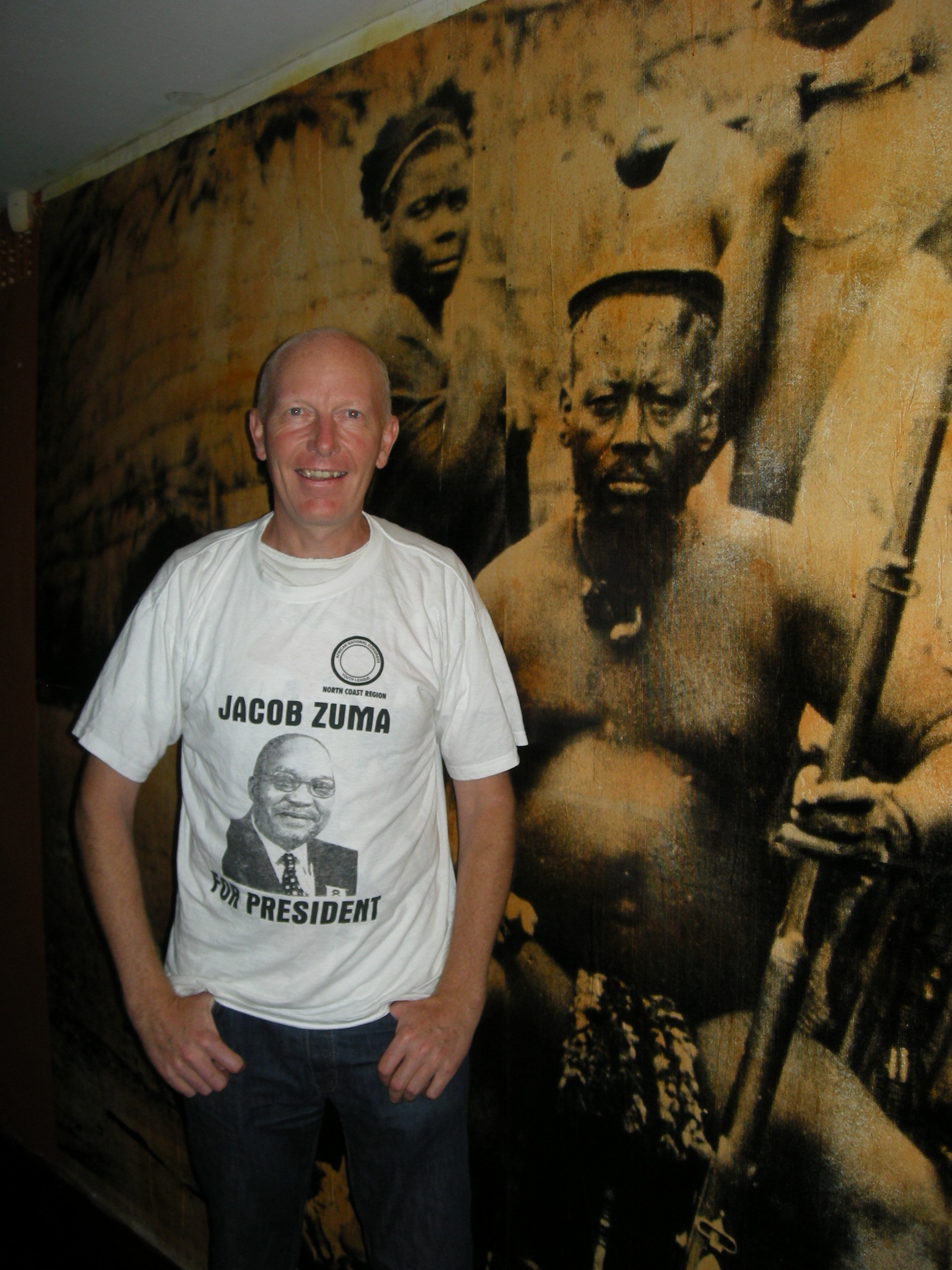Aftermath of Polokwane

The Polokwane conference was a triumph of process, and a disaster for results. Much negotiation remains to be done during the last 18 months of Mbeki’s presidency.
Winston Churchill famously said
No one pretends that democracy is perfect or all-wise. Indeed, it has been said that democracy is the worst form of government except all those other forms that have been tried from time to time.
Democracy was the winner at Polokwane, but democracy requires a well-informed and responsible electorate. However, unruly behaviour and obvious partisan campaigning was the order of the day.
There were three tiers of election :- The President of the ANC, the other five top positions in the Party, and the 86 posts on the National Executive Committee.
Presidency
Regarding the Presidency, Desmond Tutu criticised both candidates, saying that if they really cared about the ANC as they professed to, they would both have stood down to make way for new blood. In Thabo’s case, even if Zuma were running, he should still have stepped down, just to give the electorate a viable alternative vote.
When presented with a choice between new blood and someone ineligible to run for the country’s president, the unappetising choice was made for Zuma. While it is not a foregone conclusion, it is very likely he will be the country’s president in 2009, and between now and then Mbeki has a lame-duck presidency - with a behind-the-scenes struggle masked by a semblance of unity and continually pressed by the media, who will use any opportunity to slip a blade between the two men.
Mbeki has only himself to blame - he thought a victory could be engineered, and not earned. The electorate were not trusted - they were given nothing to choose, In nearly a century of ANC history, results have been arranged behind closed doors, with an exhausting emphasis on consensus rather than debate. Finally process has triumphed.
Other five posts
Kgalema Motlanthe was elected ANC deputy president,receiving 2346 votes as opposed to NkosazanaDlamini-Zuma with 1444 votes. In many ways this is one of the more important votes - Dlamini-Zuma, as ex-Health Minister, ex-wife of Zuma and current Foreign Minister was courted by both sides. The Zuma camp wanted her to run for Secretary-General - ex-wife is a little too close to have as Deputy President. However, she had to choose before the election which of the top six posts she was running for, and the Mbeki camp asked her to run for Deputy President, which she accepted. In the event that Zuma cannot stand for president, Motlanthe would step in.
However, Motlanthe has had allegations of patronage. A company he is a shareholder of, Pamodzi Investment Holdings, received what is considered to be an improper 10 year loan from the South African Land Bank. The Land Bank was audited, and found to have about 2 billion of non-performing loans, often (like Pamodzi) outside the scope of its charter. It is not suggested that Pamodzi’s loan is one of the bad ones.
Baleka Mbete was elected Chairman of the ANC, former unionist Gwede Mantashe was elected Secretary General, former Defence Committee chairman Thandi Modise was elected deputy secretary general, former ANC legal adviser Mathews Phosa beat Deputy President Phumzile Mlambo-Ngcuka in the vote for Treasurer General. Mlambo-Ngcuka replaced Zuma when he resigned as Deputy President after Schabir Shaik was convicted of soliciting bribes on behalf of Zuma.
National Executive Committee
As for the NEC, Winnie Mandela topped the list. To me, this again smacks of name recognition rather than service to the people. Amongst the results, we find Dlamini-Zuma (yaay) and Manto Tshabalala-Msimang (groan), convicted fraudster Tony Yengeni, as well as others who might have contended the presidency if the big-heads had stepped out of the way, like Tokyo Sexwale and Cyril Ramaphosa.
Where from here?
The ANC will define its place in history by how it deals with festering court cases around the billions spent on South Africa’s Arms Deal, made in the years after gaining power. It cannot be swept under the carpet - the countries that supplied the big-ticket items on the Deal, Germany and the UK, have their own investigations, so the truth will emerge eventually.
South Africa’s shiny new constitution could also be tarnished if it is seen that it does not apply to those at the top of the power structures. However, if Zuma survives these skirmishes, I feel he has the capacity to hold together the ANC that threatened to break apart at Polokwane.
After some fiery words in the leadup to the conference, we held some hope that Zuma’s presidency of the ANC might change attitudes to Robert Mugabe’s Zimbabwe. However, statements made since show a support of Mbeki’s party line of quiet diplomacy. But Zuma’s election must be a clear message to Zimbabwe’s Zanu-PF - Palace coups do work.
Hooray for the ANC’s process of democracy - we hope the organisation is strong enough to survive the inevitable fractures that it produces. Consensus is an African tradition, and a good one - but unfortunately it does not scale well beyond the village level. Next time, we want to see Choice, and Manifestos, like other truly democratic countries, not fumbling and dropped balls.
Winston Churchill’s misgivings are plain to see here.